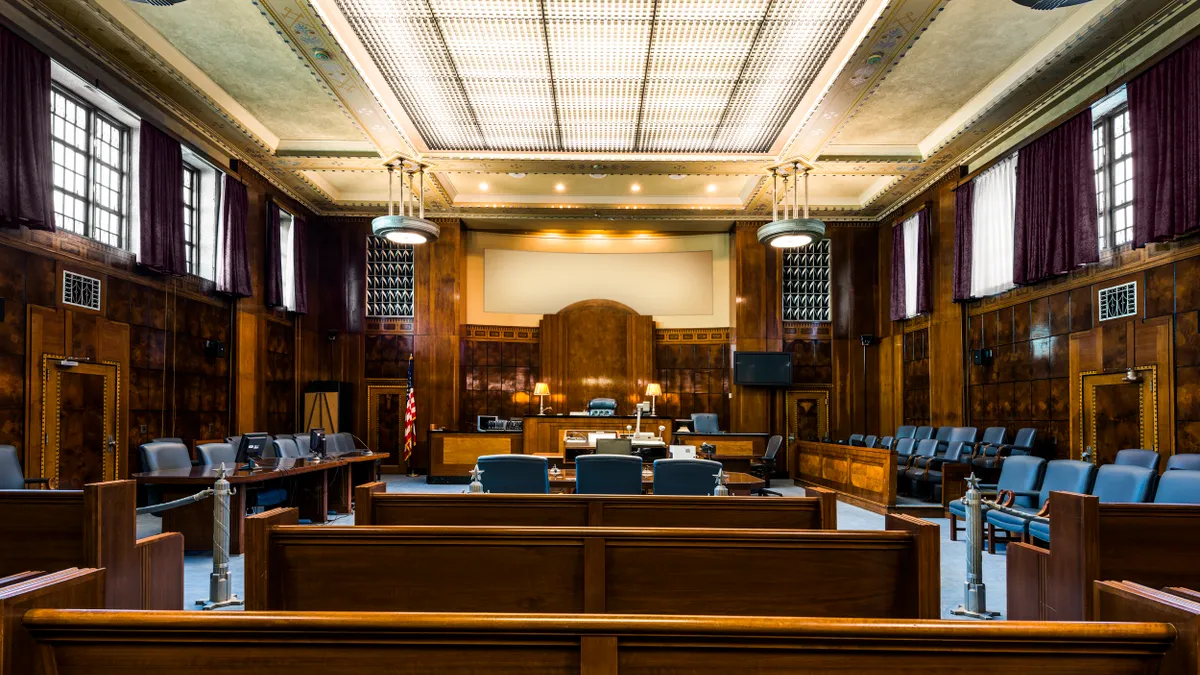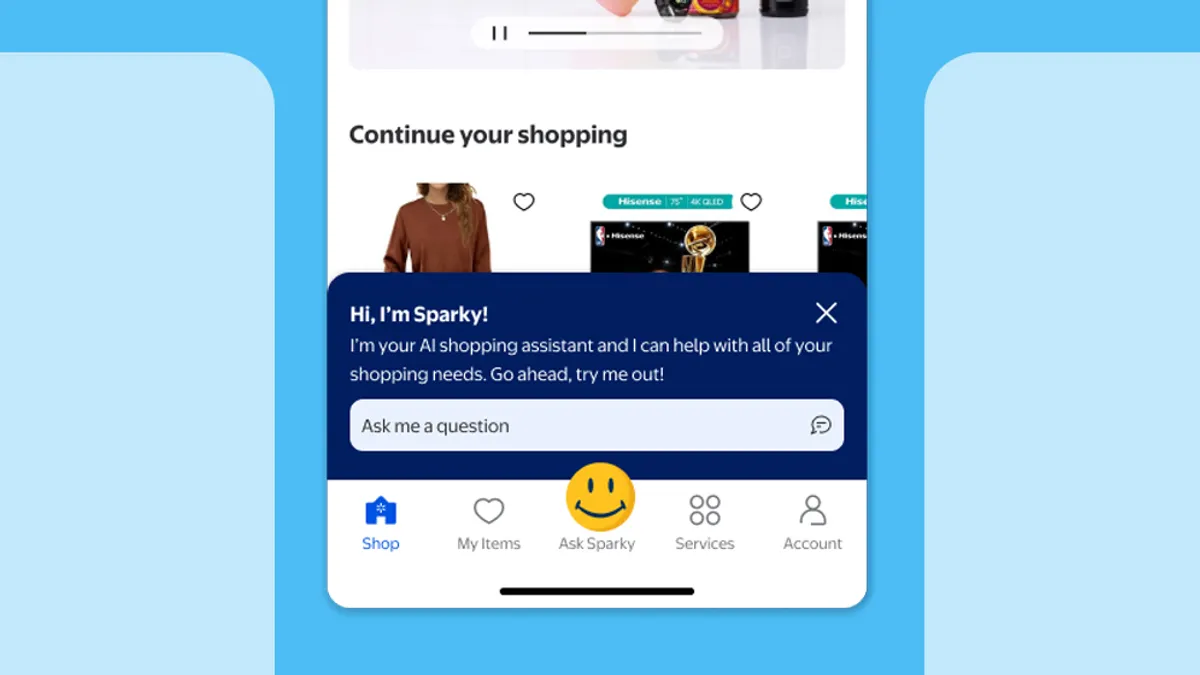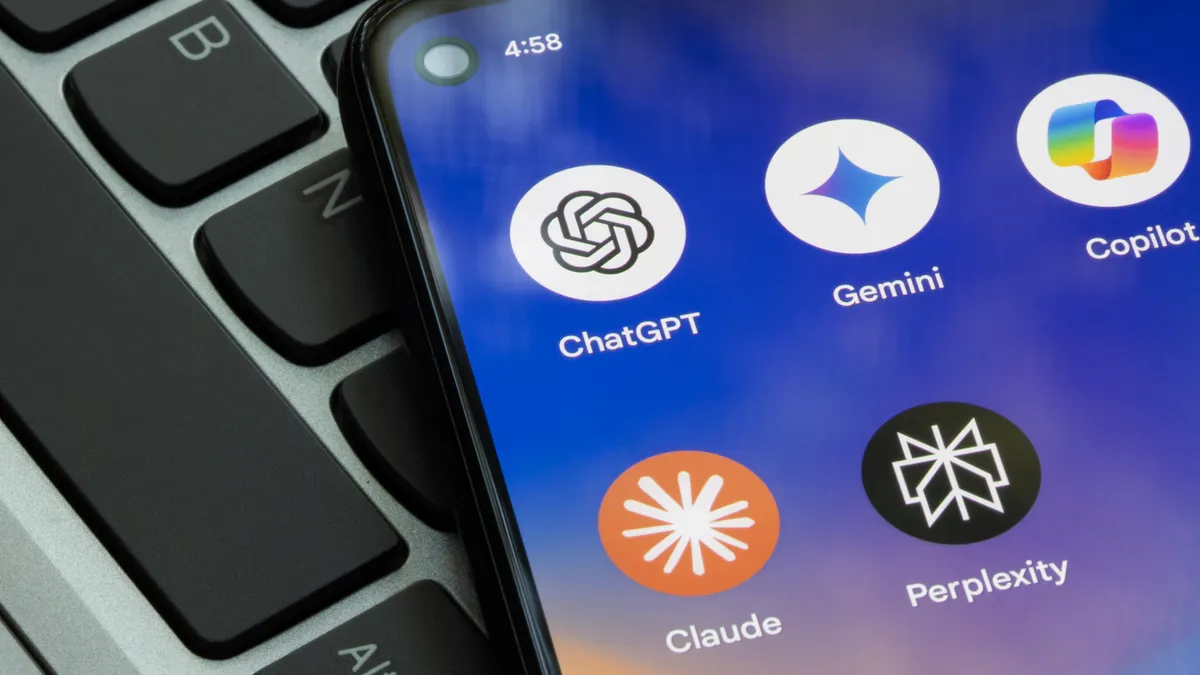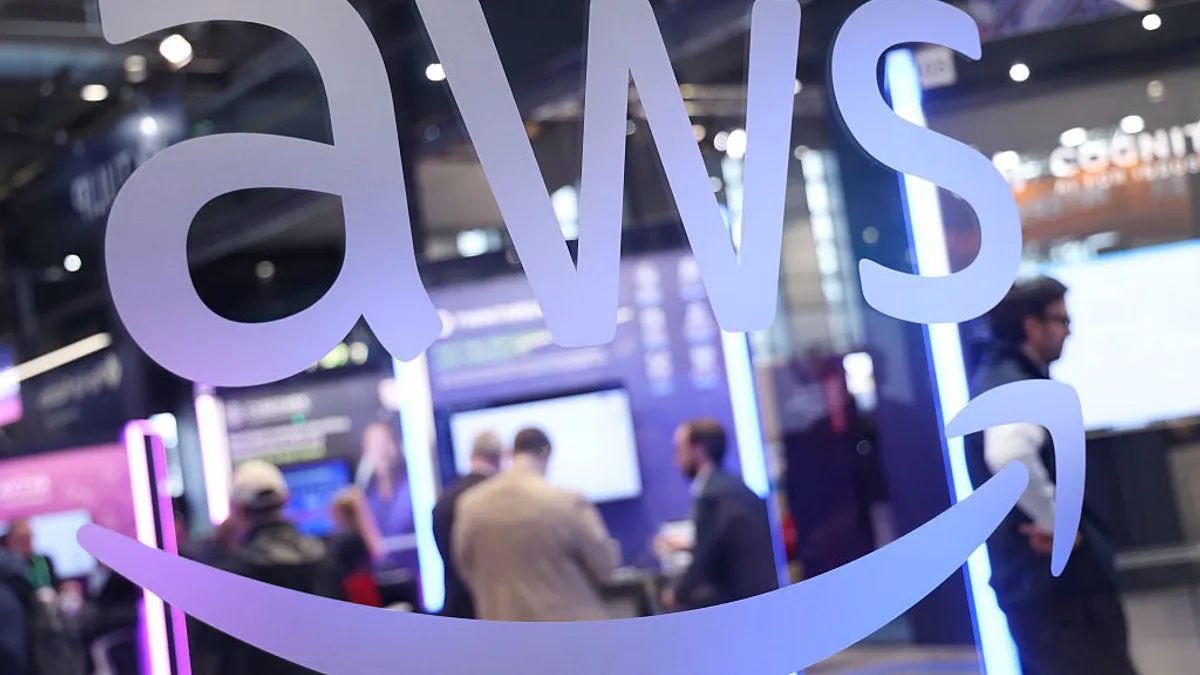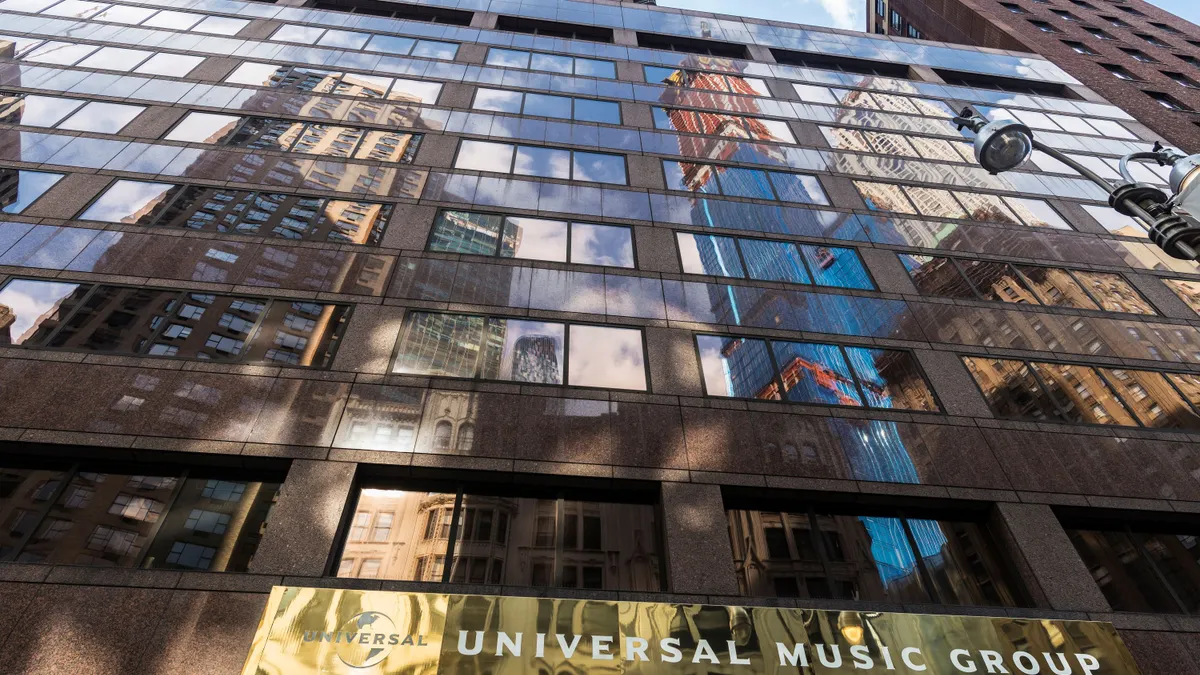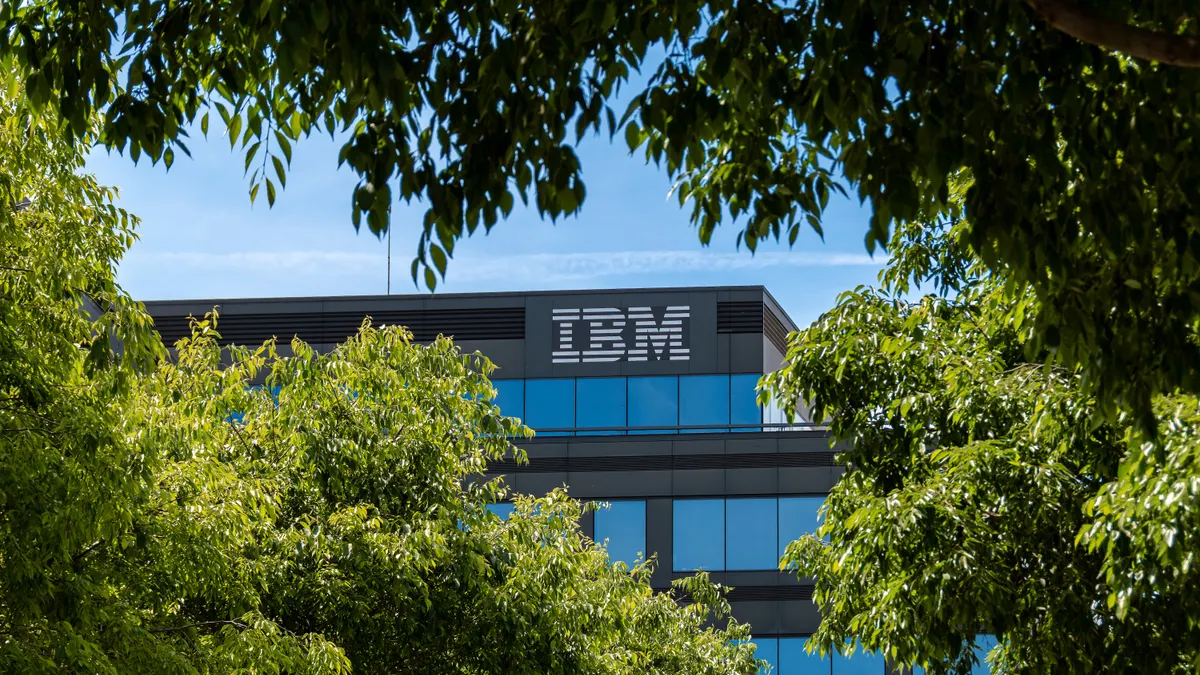Cisco didn't want to use Zoom.
The company is in a legal battle with Centripetal Networks, which is asking Cisco for $500 million to compensate for alleged patent infringements. The bench trial is scheduled for Wednesday, and all parties will use Zoom — not Cisco's homegrown Webex for the hearing.
The hearing was scheduled virtually when the coronavirus pandemic sent everyone home. And while Cisco lobbied to use Webex, citing Zoom security concerns, the judge denied the company's requests.
Video doesn't always support the nuances of in-person courtroom interactions. Still, as lawyers adapt to a lack of physical cues, the benefits of virtual hearings might stick.
"Teleconference or videoconference is not territory we're used to," Shane Nichols, partner in Alston & Bird's Intellectual Property Litigation Group, told CIO Dive. "I would say there was a tiny bit of awkwardness," who virtually represented Coca-Cola on the Federal Circuit last month.
Videoconferencing platforms are easy solutions — most everyone has access to high speed internet and a camera, Jena Valdetero, partner at Bryan Cave Leighton Paisner, told CIO Dive. But "the pandemic is exposing issues with the digital divide," and can prove problematic with defendants and pro se litigants, those individuals representing themselves.
Though courts will have to find workarounds to accommodate those individuals, routine hearings can likely proceed, she said. "I don't see how you would do it for a full blown trial with multiple witnesses, even if it was a bench trial," or a trial without a jury.
"But when you have a video straight on your face, how does that happen?"

Richard Lawson
Partner at Gardner Brewer Martinez-Monfort
Although there are comforts of video-enabled court hearings, traditional in-person strategies are limited.
As trials continue, lawyers can't whisper to their clients or pass a note on a videoconference. "That can be subtly done in front of a jury when you're sitting with your client at the table and you just slide a note," Richard Lawson, partner at Gardner Brewer Martinez-Monfort, told CIO Dive. "But when you have a video straight on your face, how does that happen?"
While Lawson expects "bridgeable" solutions to fill those communication gaps, "it's just going to devastate the kind of practice people are used to." Lawyers and their clients have a secure line of communication while the video is running and ways to share documents, but it could run the risk of drawing attention away from the trial.
Virtual pains
Motion hearings to suppress evidence, and hearings on bonds and bail are among typical proceedings on the docket, even with the coronavirus pandemic in the background.
While some courts have postponed hearings on a case by case basis, criminal and larger cases are still on deck. Many civil trial dates are postponed. "I don't know if this is formally established, but the working assumption from the litigators is 'you're not getting a trial this year,'" according to Lawson.
Right now the primary focus is how lawyers, their clients, and other legal parties maintain confidential and secure communication.
There are two major privacy protections in law: proprietary information litigation or intellectual property litigation. There is also privileged information, which is subject to privacy between attorneys and their clients.
"If you don't take reasonable steps to protect that kind of information, then you can waive the privilege for your client, which is a bad thing," said Nichols.
It's even more important that the courts, and all parties involved, are using technologies that have proven their effectiveness in preserving confidentiality. Nichols' firm, among others, have banned zoom, unless a client says otherwise. Zoom's "capacity to maintain confidentiality" is the central concern, he said.
Cisco had similar concerns, regarding its case with Centripetal Networks. "In addition to the inherent complexities of this case, our primary concern is the protection of confidential information in this medium and believe that Cisco's Webex technology is a much better platform for that purpose. We, however, appreciate Judge Morgan's perspective on Cisco's involvement as a party in this proceeding," a Cisco spokesperson told CIO Dive in an email.
As other courts and judges mull over what platform to use, "Zoom is proud to support courts around the country as they look for alternative ways to conduct proceedings and stay operational during this challenging time," a Zoom spokesperson told CIO Dive in an email.
While end-to-end encryption is difficult for videoconferencing platforms, Zoom has gotten the most media attention. Zoom defaults to an interpretation of transport encryption, a method used to encrypt tow systems for communication over networks. Cisco Webex uses transport layer security, just as Zoom, but offers an E2E option for Meetings and Support.
"The risk would be disruption to the proceeding, not a compromise of personal or private information."

Jena Valdetero
Partner at Bryan Cave Leighton Paisner
Webex is considered the industry standard, however, it's "a bit more of a clumsy tool" than Zoom, according to Nichols. Webex has been around longer with time to establish a base of reliability.
Other security issues, might be more disruptive than threatening. "Zoom-bombing" is less of an issue because court hearings are typically open to the public, according to Valdetero. "The risk would be disruption to the proceeding, not a compromise of personal or private information."
Though Lawson gets "plenty of requests" for Zoom meetings in the consumer protection realm, the acceptance is limited.
"I'm just thinking now, in the last few months, how many Zoom meetings that I had with a client where I was talking about something I didn't want somebody else to know," Lawson said. The answer? Not many.
Zoom lends itself best for attorney conferences, not confidential briefings. For truly confidential communication, the phone is still option No. 1, according to Lawson.
For the highest court, a pandemic is not the time to revamp rules. The Supreme Court began hearing oral arguments on Monday over the phone —cameras are prohibited in the Supreme Court.
Who calls the technological shots
IT is responsible for converting traditional physical operations to a digital realm. In the legal industry, IT has to accommodate layers of confidentiality once protected by closed courtroom doors.
This is IT's "glory year" for just about any kind of business, said Lawson.
Though IT teams are geared up for supporting a firms' new technological challenges, most courts are actually the ones setting up the technology. The courts send out instructions on how to proceed virtually.
Nichols, whose IT team is in-house, will ensure the technological backbones are set up. But in the recent case with the Federal Circuit Court of Appeals, the clerk's office organized the teleconference system. The office has secure lines with control over who could speak.
The Federal Circuit designed the videoconference so only the lawyer arguing in front of the court was unmuted. The judges were typically unmuted for the entirety of the video, said Nichols. The clerk's office had a closed loop system and action plans for unexpected glitches, like if a call dropped, they would stop the clock. It was "expertly done."
The ease of a virtual trial might have a lasting impact on how law is practiced.
Right now, court dates are running fairly smoothly, can it work as a permanent solution? The answer is tentatively yes.
"It was not nearly the problem I thought it would be, to be able to read the room, so to speak."

Shane Nichols
Partner in Alston & Bird's Intellectual Property Litigation Group
Lawson had a deposition last month that lasted about six hours on Zoom. Participants were sharing documents and using the chat feature. As the deposition is under oath, one of the witnesses had to hold his driver's license up to his laptop camera. "And you know what? It worked."
For Nichols, it wasn't a problem to see "where the court was leaning" or what "they weren't finding compelling." As long as the presiding judge made their inclinations known, it was business as usual. "It was not nearly the problem I thought it would be, to be able to read the room, so to speak," he said.
The resources and money saved by virtual trials is an obvious benefit of the ordeal. Clients don't have to pay their lawyers for extended time relating to travel, lawyers can prepare and make their case from the comfort of their own home. One of the most notable difficulties is just remembering everyone's respective timezone.
Videoconferencing for court litigation, whether at the appellate level or trial level, is dependent on what their judges ask for. "I could imagine the judges deciding that you know, for some appeals, we want to hear an argument, but it's not worth it to drag everybody to Washington D.C.," said Nichols, so they turn to videoconferencing. "I could see that becoming a reality very quickly, because they've already done it."



